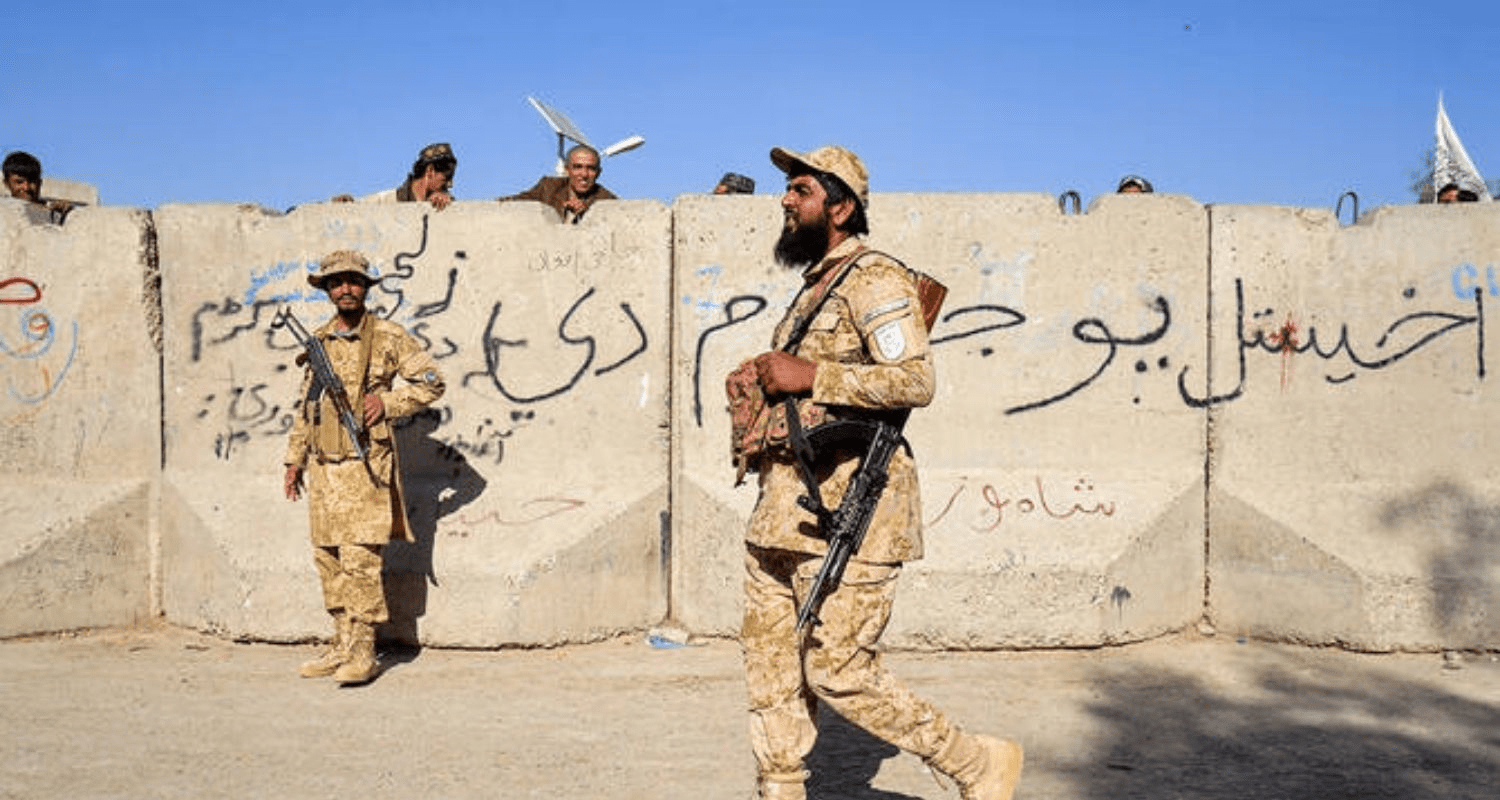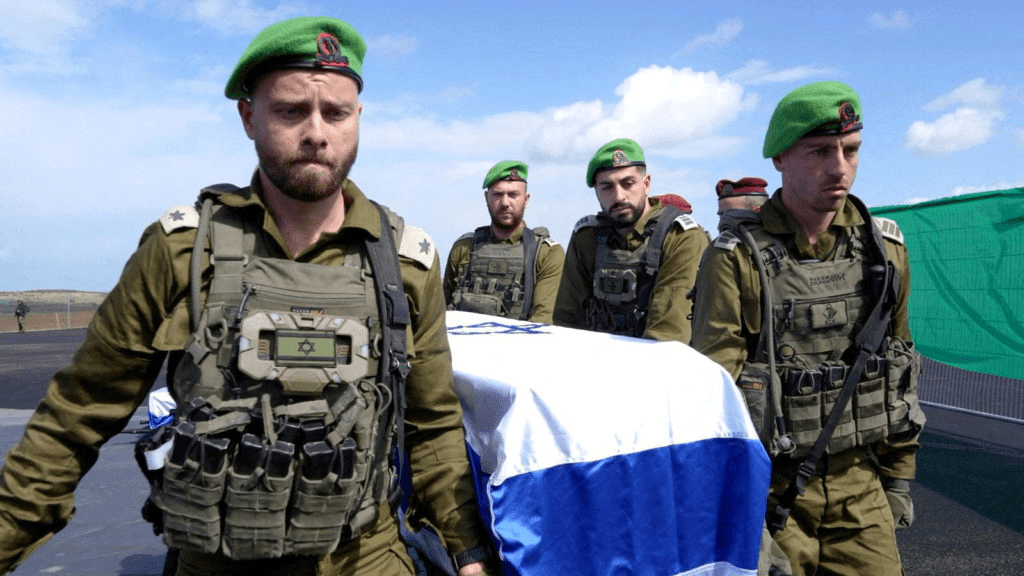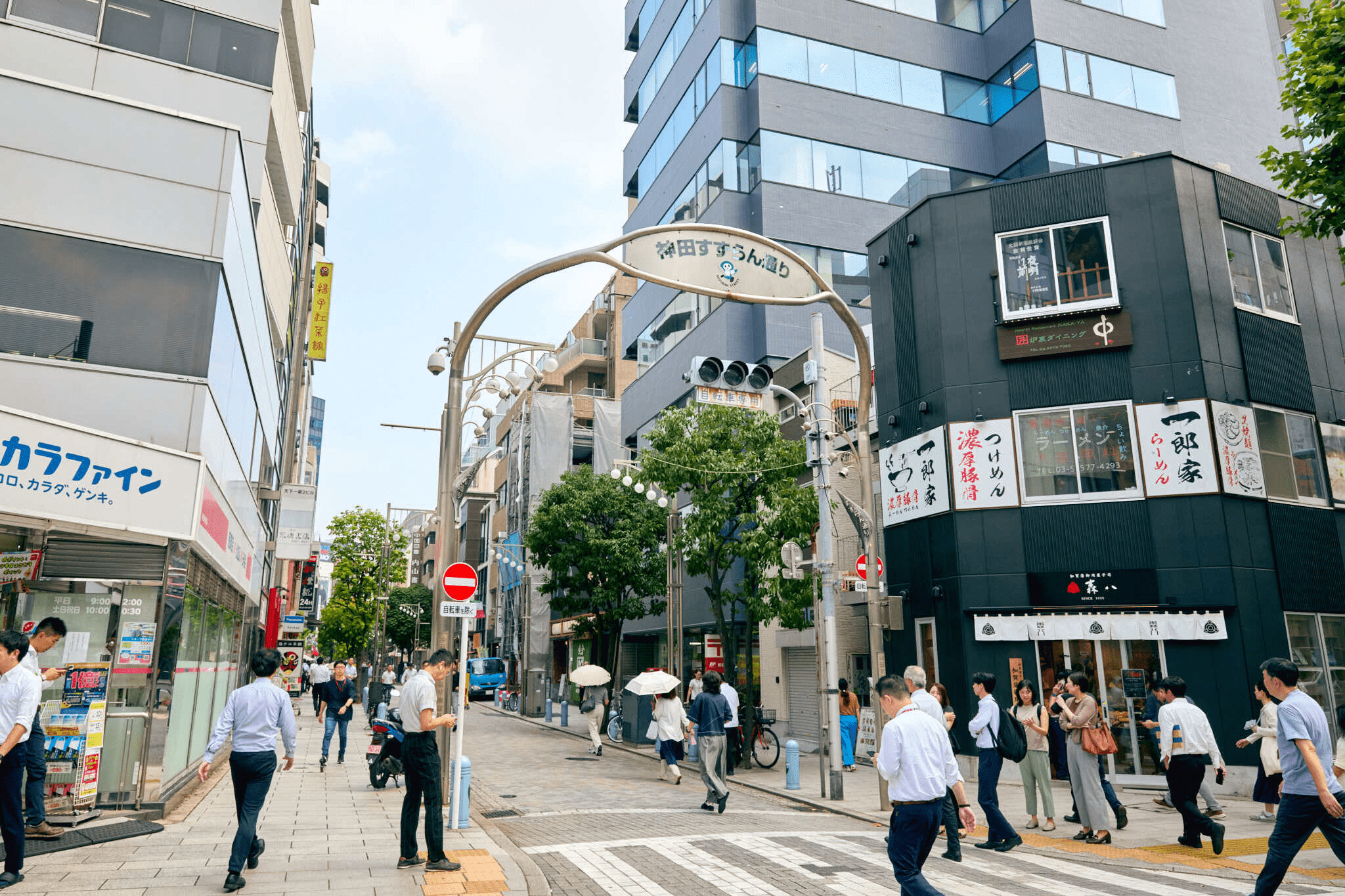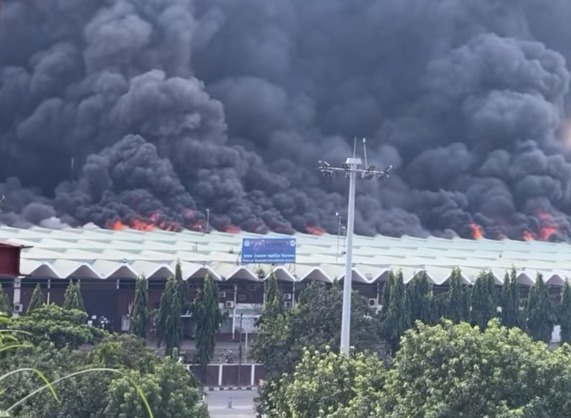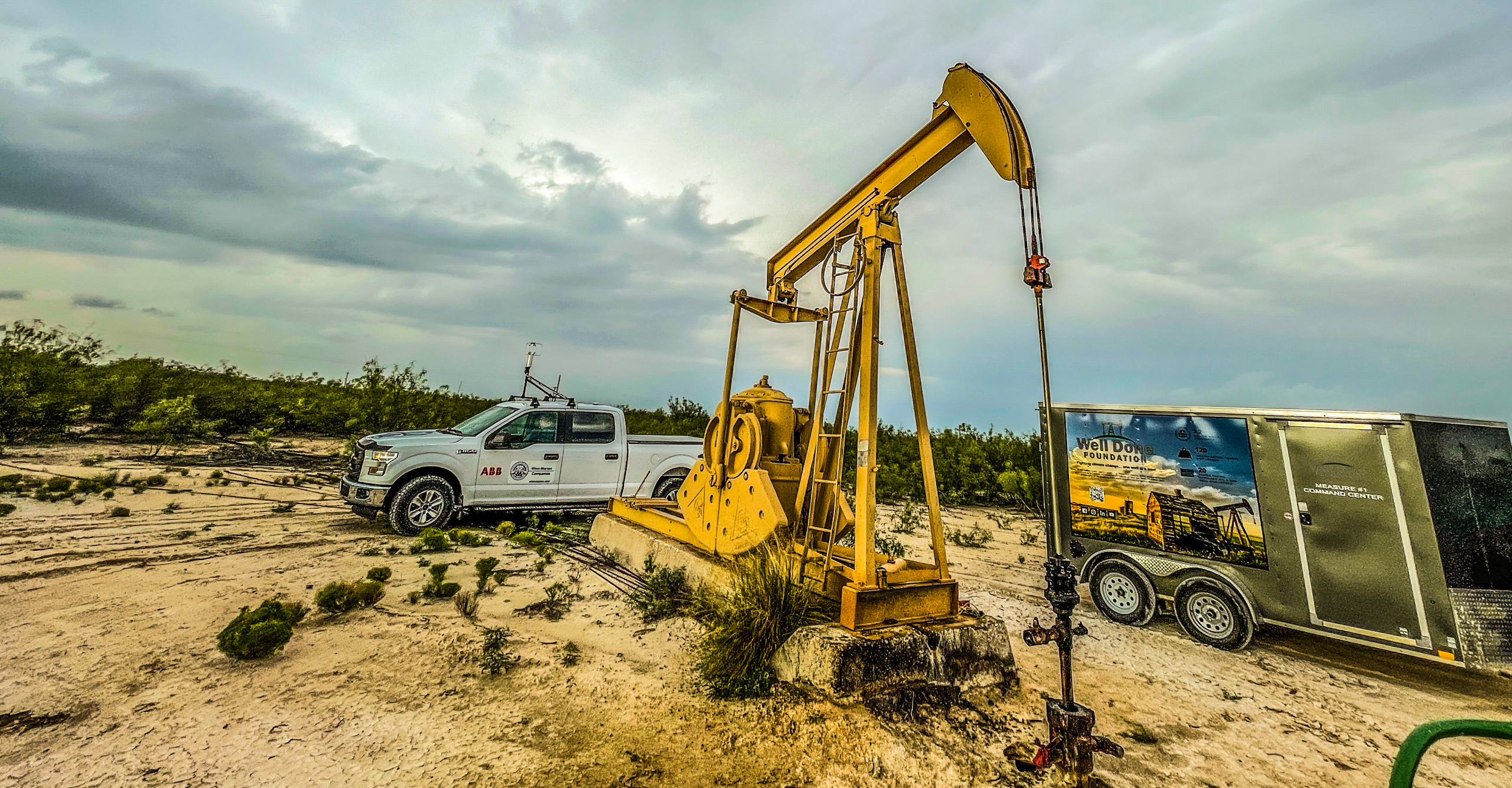Delegations and agenda
A high-level Afghan delegation flew to Doha on Saturday to open talks with Pakistan, signaling a cautious turn from months of border clashes that shut key crossings and disrupted trade. Kabul’s team is led by Defense Minister Mullah Muhammad Yaqoob, according to spokesperson Zabihullah Mujahid. Islamabad has also named senior security and diplomatic officials, with both sides framing the talks as a chance to consolidate a fragile ceasefire extended earlier this week. Officials say the immediate priorities include reopening closed trade arteries, preventing militant infiltration, and restoring consular services. Logistics and sequencing are delicate: each concession will likely be tied to specific security guarantees. Businesses on both sides of the Durand Line are pressing for quick wins such as expedited cargo inspections and predictable gate hours.
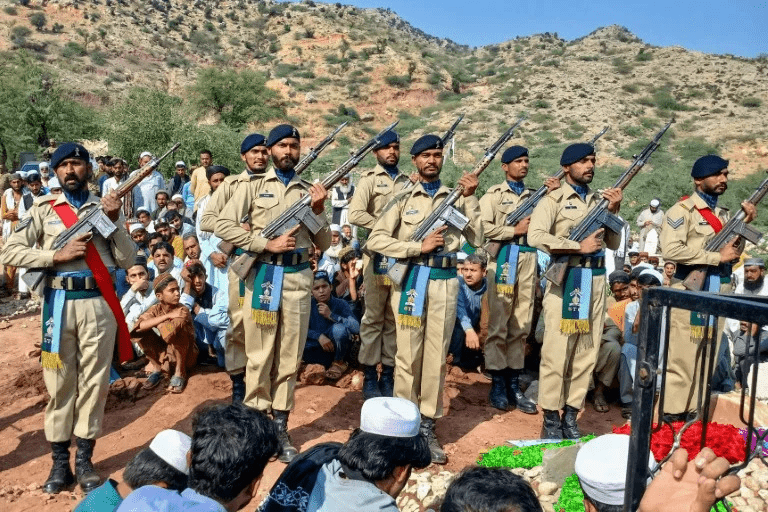
Regional stakes and what to watch
The Doha track lands at a tense moment for South Asia. A durable truce could ease food and fuel costs in Afghan cities and lower inflation in Pakistan’s border belt, but hardliners on both sides oppose compromises that look like recognition of the other’s claims. Western partners will press for commitments on counterterrorism, including targeting Islamic State Khorasan cells that exploit border seams. Humanitarian agencies want assurances that aid convoys will pass unimpeded as winter sets in. Watch for three signs of real progress: a joint communiqué outlining a border incident hotline; published timetables for reopening Torkham and Chaman crossings; and a pilot program for biometric cargo drivers. If talks stall, expect sporadic flare-ups and renewed tit-for-tat closures. For now, the ceasefire is holding—and both capitals have political reasons to bank the calm.

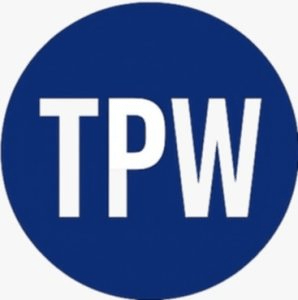 TPW DESK
TPW DESK 